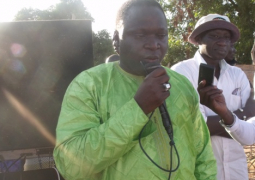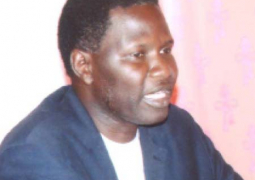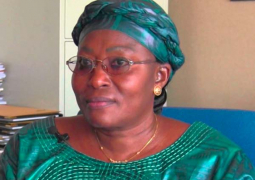Most African Union countries are not yet on track to achieve the health-related Millennium Development Goals, MDGs, and part of the explanation can be found in the lack of financial resources available to them.
The Abuja Declaration recognized this as a potential problem eleven years ago, highlighting the importance for governments in AU countries to be giving greater weight to health in the allocation of government resources, while at the same time urging donor countries to increase their funding levels.
In the 11 years that have passed since the Abuja Declaration, there has been progress towards increasing availability of financial resources for health, at least in terms of dollar value.
However, there has not been appreciable progress in terms of the commitments the AU governments make to health, as highlighted in one of our stories today.
While it is important to reiterate the need for governments to be committed to improving the health of their populations, something that is increasingly becoming a political issue in most countries, it is also important to look for additional ways of moving more rapidly towards the MDGs.
Funding targets are being missed, both domestically and in terms of international assistance.
Many African Union countries are going to struggle to reach the health MDGs, as a result.
Those commitments are still badly needed as the targets are important guideposts.
But the real issue is that the absolute level of resources available in relation to the health needs is well below what is needed.
The lingering financial crisis in donor countries also means that some are likely to further reduce the dollar value of their disbursements, until their economies start growing again.
It is, therefore, important to consider ways to develop new sources of funds, and to examine more critically how to improve the efficiency of health spending, while always protecting the poor and vulnerable.
With the year 2015 just at the corner, time is really very short, but solutions do exist.




